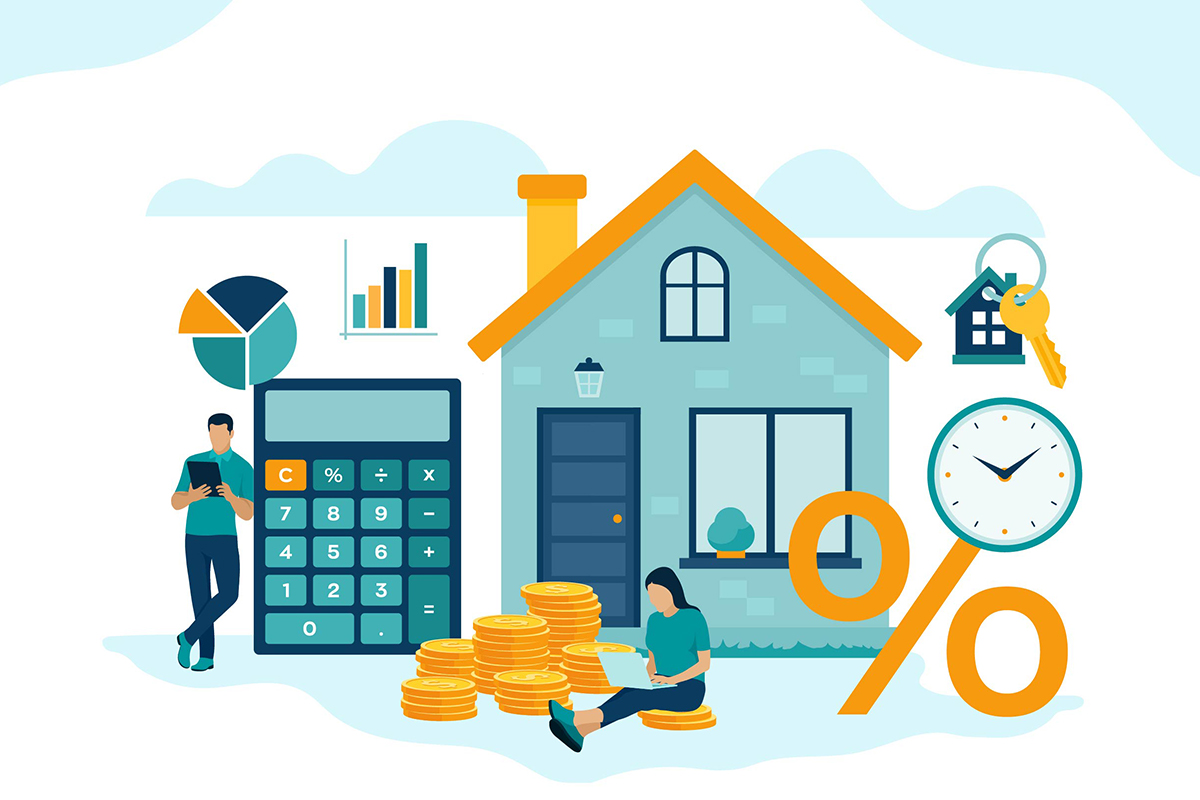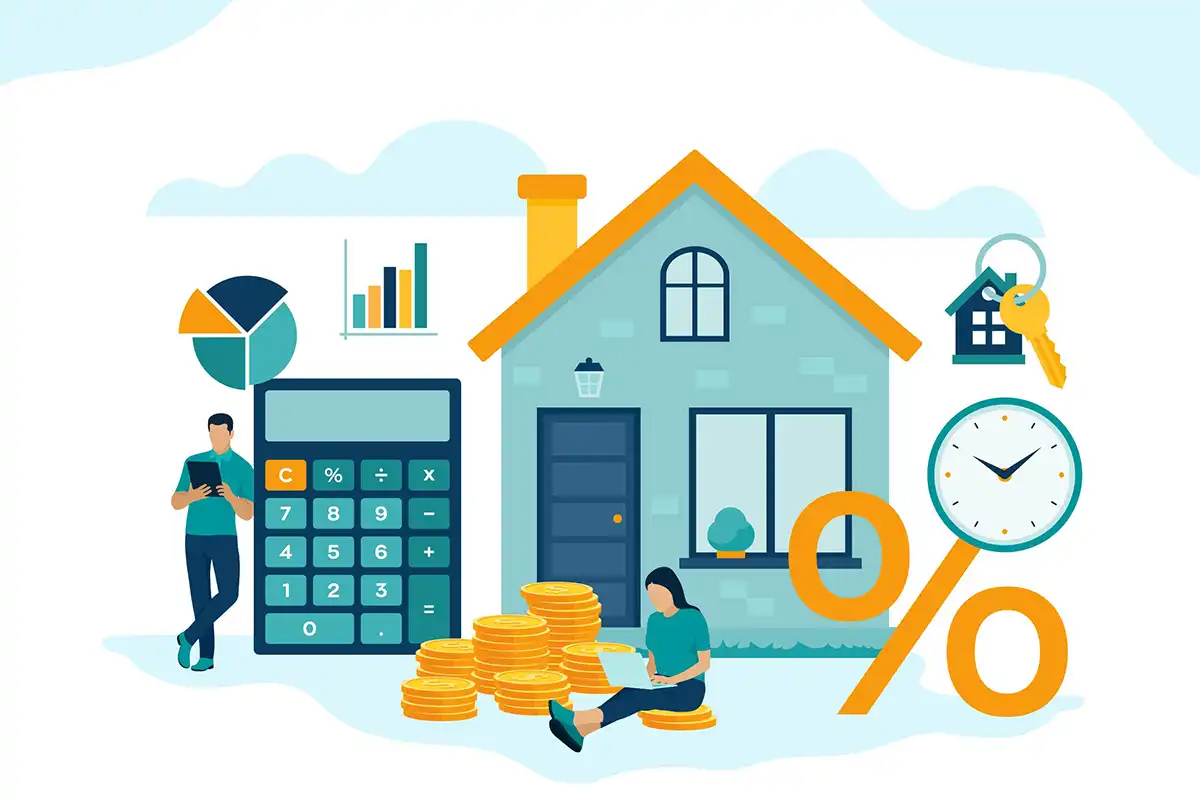Stay Up-To-Date on the Latest Information Regarding Forbearance

Navigating through the information regarding forbearance and what it means for you can be tricky, so we’ve compiled some important tips and information to help you navigate the process.
The CARES Act stimulus package requires servicers to provide forbearance - a temporary postponement of payments - to any homeowner with a federally backed mortgage if requested. If your mortgage is not federally backed, you may also be able to receive forbearance, but you would need to reach out to your mortgage servicer for specific information.
According to the Mortgage Bankers Association's (MBA) latest Forbearance and Call Volume Survey, which revealed that the total number of loans in forbearance jumped from 2.73% to 3.74% during the week of March 30 to April 5, 2020. Due to this overwhelming number of requests, the call centers and servicers have longer wait times and are having difficulty responding in a timely manner. Having navigated through the recession it is imperative to get your requests documented through lenders online. In order to protect yourself, we recommend starting a diary of communications both verbally, via chat, email and submissions online.
Under a forbearance agreement, borrowers may pause payments entirely or make reduced payments on their mortgage. As of today, homeowners with federally backed mortgages are eligible for up to 180 days of forbearance initially under the CARES Act. If after the 180 days you are still needing assistance you may request an additional 180 days. This request does not require any additional documentation other than a statement of impact from pandemic-related financial hardship. All Fannie Mae and Freddie Mac backed loans will not report negatively to credit, incur penalties or late fees and can't be foreclosed on. This is a huge protection to Americans as about 50% of all mortgages are backed by Freddie and Fannie.
All mortgages, whether federally backed or not, have a suspension of foreclosure for 60 days beginning March 18, 2020. Non-federally back mortgages likely still offer forbearance programs but need to be sought out directly from your lender. Follow our guide to short sales and ensure you have best practices through this process and protect yourself.
As a homeowner, you do not automatically receive forbearance and must request it from your lender. Most servicers have forms on their websites and instructions on where to return the form, etc.
The first step is to determine if your mortgage is backed by a federal agency.
Federal Mortgage Look-Up List
The easiest way is to review the most current mortgage statement or closing documents from the purchase of your home. If you pay FHA Insurance, then that agency is backing your loan. Also, the closing statement should have included a HUD (Department of Housing and Urban Development) statement and a 13-digit HUD number. Here at Mountain Luxury we keep your settlement statements on file, so if you are having a hard time finding them please reach out to us.
So the dark side of forbearance (you knew it was coming) is that even federally back loans must be repaid. DO NOT SIGN ANYTHING WITHOUT PROPER REVIEW and a comprehensive understanding of the commitment you are making. Ending stress today to simply move it to the future is not a preferable outcome.
Forbearance Considerations
- Get the forbearance agreement in writing
- Ensure full understanding of payback terms (avoid balloon payments)
- Negotiate the payback terms
- Ensure late fees, etc. are negotiated (if not federally backed loan)
Please make sure if you decide that forbearance is the best option that you get the agreement in writing. All terms are negotiable, so be diligent. There is a good chance lenders will ask for repayment in a lump sum (balloon) at some time in the future. We highly recommend you do not do this and negotiate to move debt to the end of the mortgage or amortize over 1 year to the life of the loan. Watch the fees and penalties as well and if you have questions it is always best to use an experienced attorney, especially those specializing in foreclosures and we are here for some quick answers. You can chat with us right here on the site.
These are unprecedented times and the Federal Government has never made such bold moves to help protect home owners. Policies are changing rapidly so speak with your lender to get help before you miss a payment. In these situations proactivity is key. Contact your lender before you miss a payment and know this too shall pass. If it looks like you are going to need to sell your home because the road out of the pandemic is looking rough, reach out and we can help build a plan to protect you going forward.
Stay Safe out there :)
Here is a link with more details too Mortgage Relief Help

